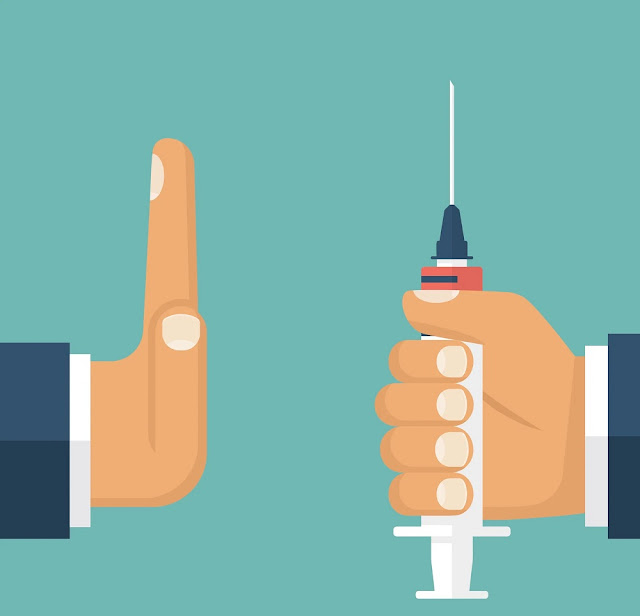Albania has resulted among the most skeptical countries regarding the process of COVID-19 vaccination in a recent survey published by Gallup. Even more skeptical and rejecting the vaccine are the citizens of Kosovo. Other countries in the region also have low vaccine acceptance and high rejection rates.
Albanians are ranked 11th in the world, who accept less vaccination to prevent coronavirus, while they are 16th in the world for high rejection of vaccines.
Respondents were asked: “Vaccines are given to people to help prevent specific diseases. If a vaccine to prevent coronavirus were available right now and at no cost, would you agree to be vaccinated?
Only 34% of Albanians answered "YES", ranking 16th, among the 20 countries that have the lowest desire to receive a vaccine against coronavirus and much lower than the global average of readiness to be vaccinated of 68%.
The acceptance rate is even lower by Kosovo citizens, at 32%, the seventh-lowest in the world.
The list is dominated by the countries of the former Soviet Union and those of Eastern Europe. Residents of Kazakhstan, Gabon, Hungary, Bosnia and Herzegovina, Jordan and Jamaica have the lowest desire to get the vaccine. The list also includes Bulgarians, Montenegrins and Macedonians.
52% of Albanians refuse vaccines
The same question was answered with "NO" by about 52% of Albanians, while the highest rejection rates in the world (16th) and much higher than the global average of 29%.
Northern Macedonia is at similar levels (53%). Again, Kosovo citizens are even more skeptical, with 56% rejecting the vaccine. Bosnia and Herzegovina holds the record in the region, with 61% of respondents answering no to the question of whether they would like to be vaccinated.
The highest rejection rates in the world are in Gabon (66%), Cameroon (65%), Hungary (61%), Bulgaria (61%).
Global results
According to Gallup, the willingness of people to get a coronavirus vaccine varied worldwide for 2020, with percentages saying they would get a vaccine, which was the highest in Myanmar at 96% and the lowest at 25 % in Kazakhstan.
In the first full year of the COVID-19 pandemic, the majority of adults worldwide (68%) told Gallup that they would agree to be vaccinated if a coronavirus vaccine were available to them at no cost.
Nepal, Nicaragua, Thailand, Iceland, Denmark were among the other countries with the highest willingness in the world to receive vaccine doses.
In contrast, many countries from the former Soviet Union and Eastern Europe - including most of the Balkans - dominate the list of countries where people were less willing to receive a coronavirus vaccine if it were available at no cost.


